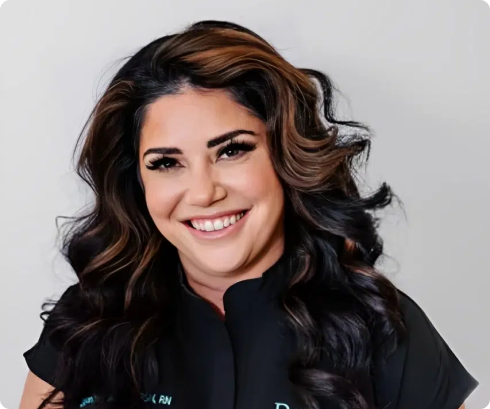Botox is arguably the most famous minimally invasive cosmetic procedure in the medical aesthetics industry, so aside from Botox being highly sought-after by patients, it’s really no wonder more and more people are strongly considering a career as a Botox injector.
If you’re one of them, you need certain certifications and licenses to legally perform this service. In any state in the United States, Botox injections can only be administered by a licensed medical professional.
But what license do you need to do Botox exactly? To put it simply, Botox can only be administered by physicians, dentists, nurses, and physician assistants with a valid medical license.
If you’re curious about Botox as a career prospect and would like to learn more, then this comprehensive article will walk you through the necessary requirements.
Licensed healthcare practitioners who can legally administer Botox injections include the following:
To become certified as a licensed Botox injector, you need the following requirements:
For registered nurses, an undergraduate nursing degree is required as a minimum. For physicians, on the other hand, having a medical degree in pre-medicine, while also having completed medical school, is a necessary requirement when it comes to formal education.
As mentioned earlier, you first need to have an active medical license in accordance with state laws before you can even begin to apply for Botox certification.
According to state-specific regulations, only licensed medical professionals who are physicians, dentists, RNs, NPs, and PAs can legally and safely administer Botox injections.
A Botox certification course with a comprehensive curriculum can help you become a certified Botox injector. Enrolling in a Botox training program elevates your career, as it teaches you both theoretical and practical training.
Once you’re certified in botulinum toxin administration, you can ultimately become a more qualified aesthetic provider. At InjectCo, our online Botox courses offer certification and training to licensed medical professionals.
Botox treatment requires competency and knowledge in both medical aesthetics and cosmetic procedures.
Aesthetic nurses working at medical spas (med spas) need advanced training to properly administer Botox injections and other medical-grade aesthetic treatments.
It’s more than just being skilled in injection techniques, as Botox requires compassionate providers who understand the complexity of a patient’s facial anatomy and are sensitive enough to consider the unique needs of their clients.
Per existing state regulations, compliance requirements for administering Botox injections as a licensed healthcare practitioner include the following:
Botox works by freezing or paralyzing underlying facial muscles, blocking nerve signals. This means that it requires precise technique to ensure patient safety and minimize risks.
Whether it’s for cosmetic enhancements or medical conditions, knowledge of cosmetic injectables and how they work is crucial in a clinical setting.
Aside from being experienced in medical procedures and cosmetic treatments, healthcare practitioners can treat patients and administer injections more safely and comprehensively through the following:
As the demand for aesthetic medicine training grows, a successful career in Botox and dermal fillers begins with the proper certification courses and hands-on training fit for licensed healthcare professionals who seek a rewarding career.
Ready to elevate your aesthetic skills? At InjectCo, we offer comprehensive training for nurses. Enroll now!
Certification from any accredited Botox training program is the standard requirement. This is on top of holding a valid medical license, as regulations only allow licensed professionals to administer Botox.
No, a degree alone is not enough to become a Botox injector. While formal education is a good starting point, you would also need a valid medical license and specialized training courses to safely and effectively perform Botox injections.
You can get Botox injector jobs at reputable med spas, aesthetic and wellness clinics, or health facilities that are under the supervision of a licensed physician or medical director.

